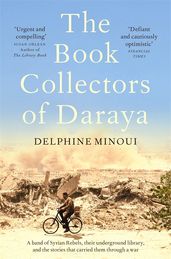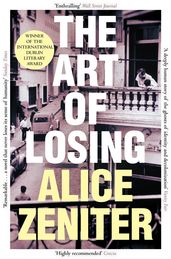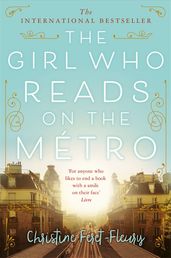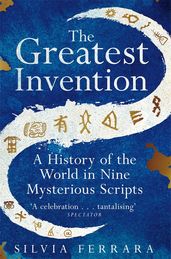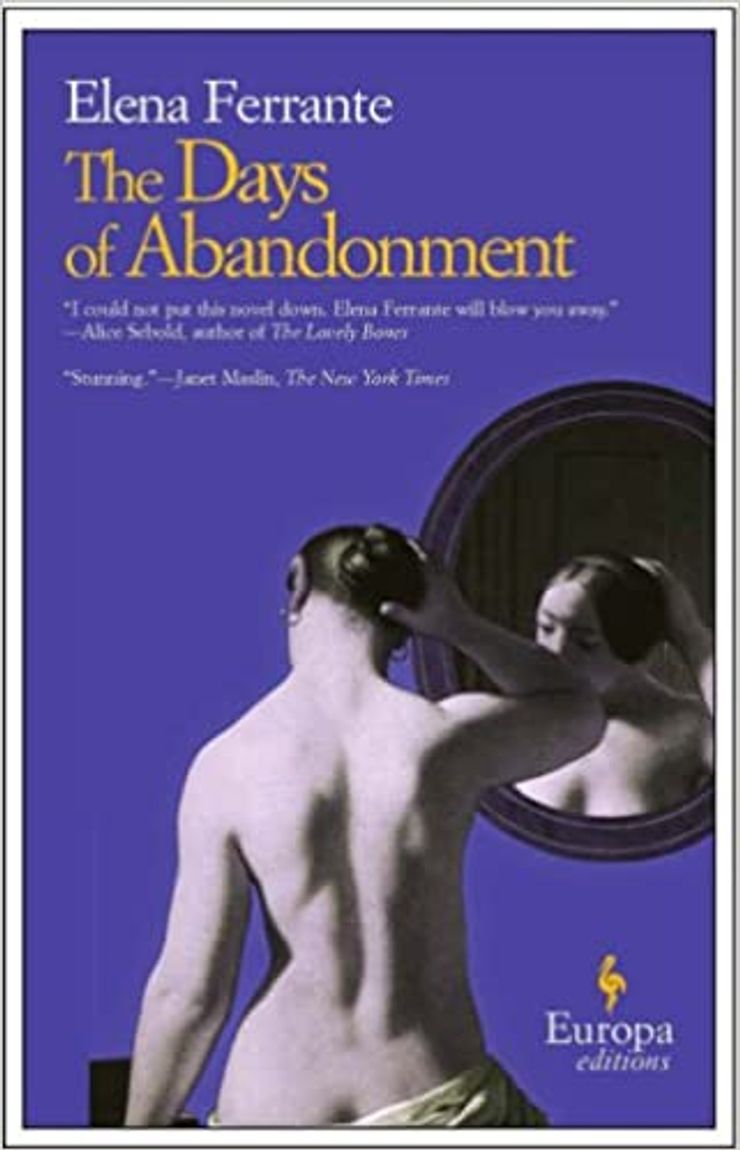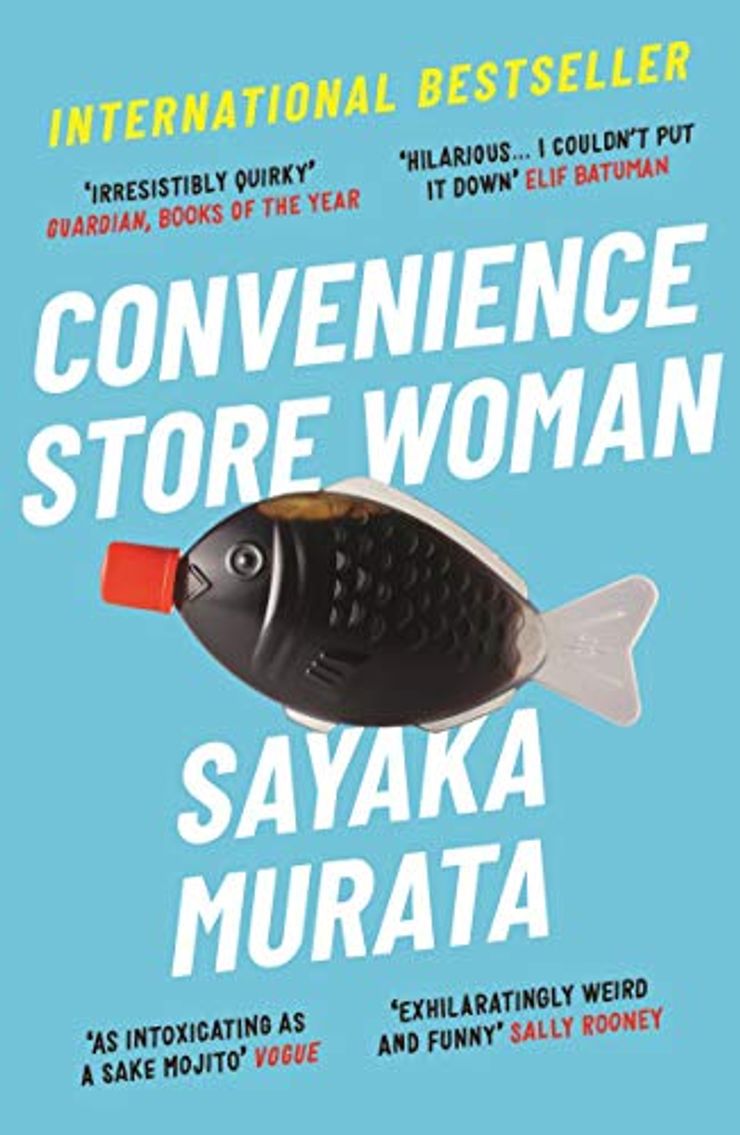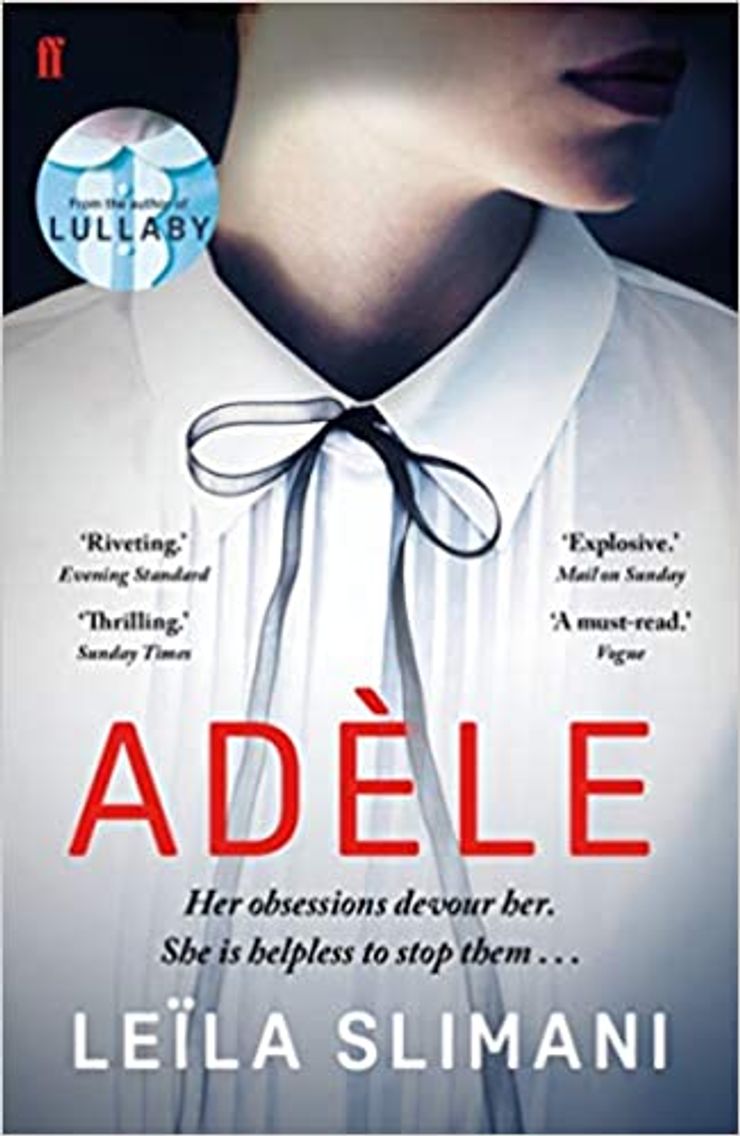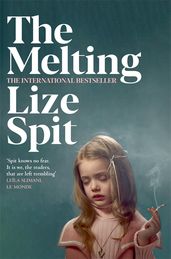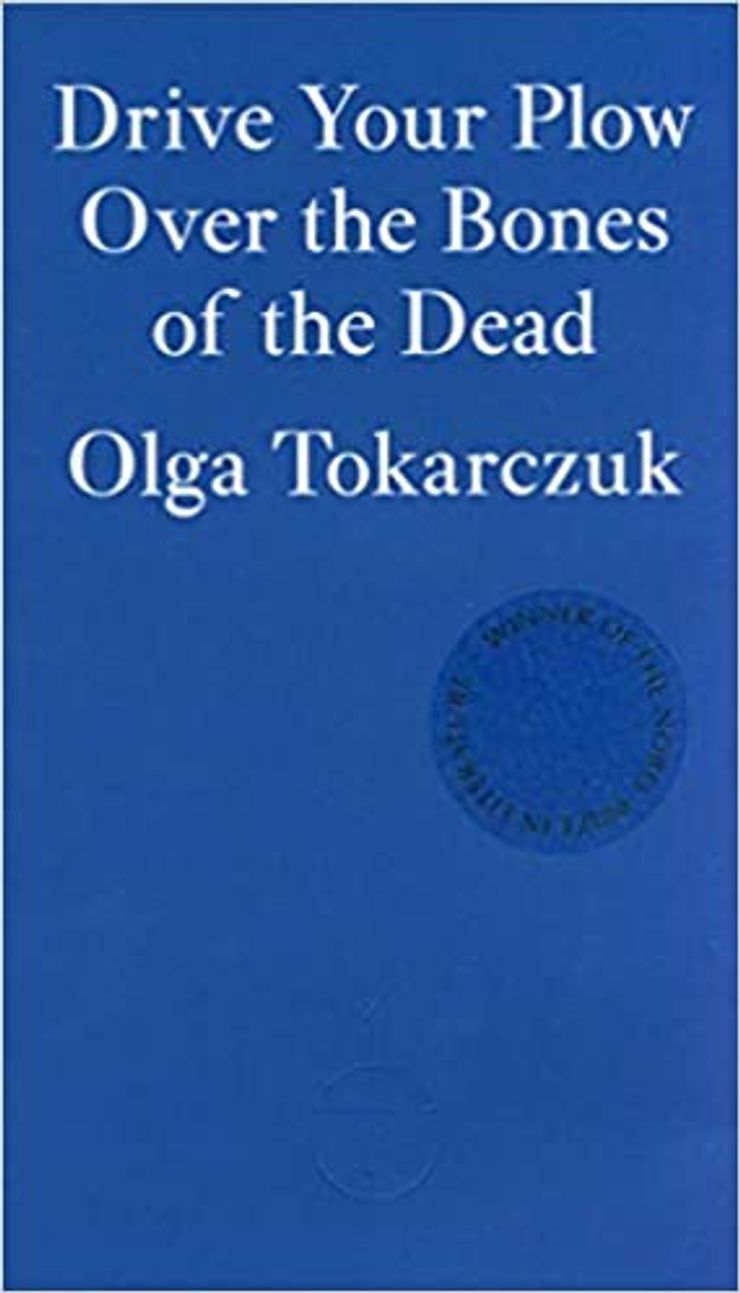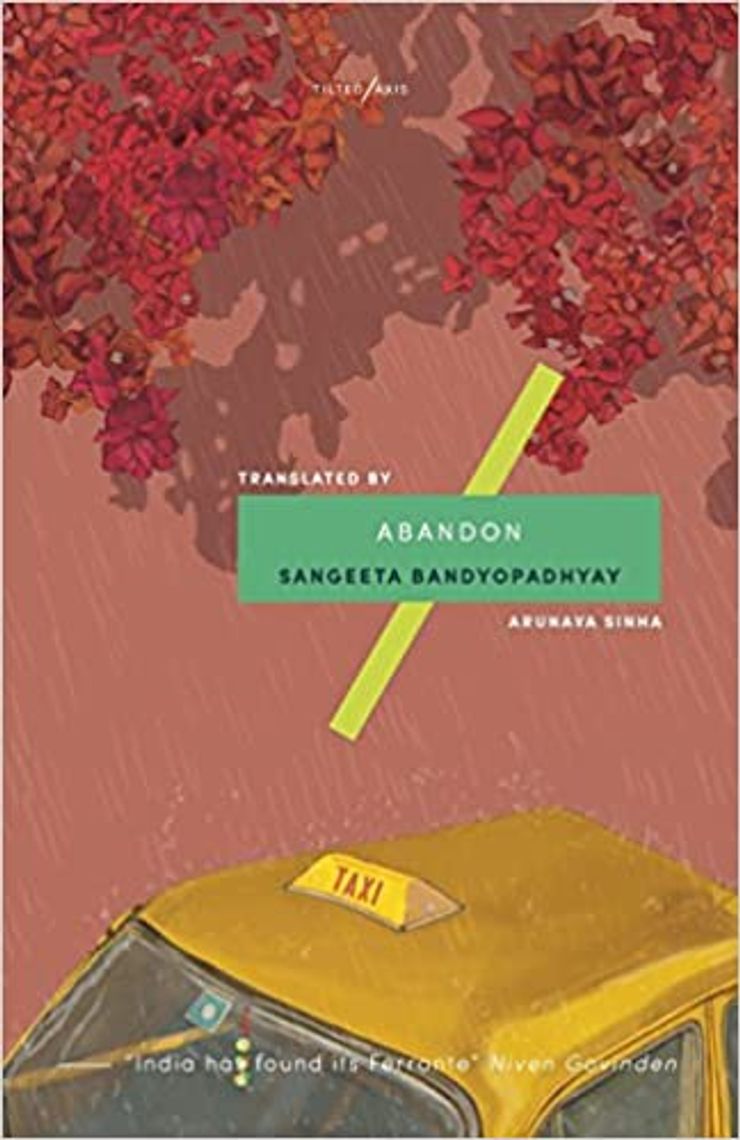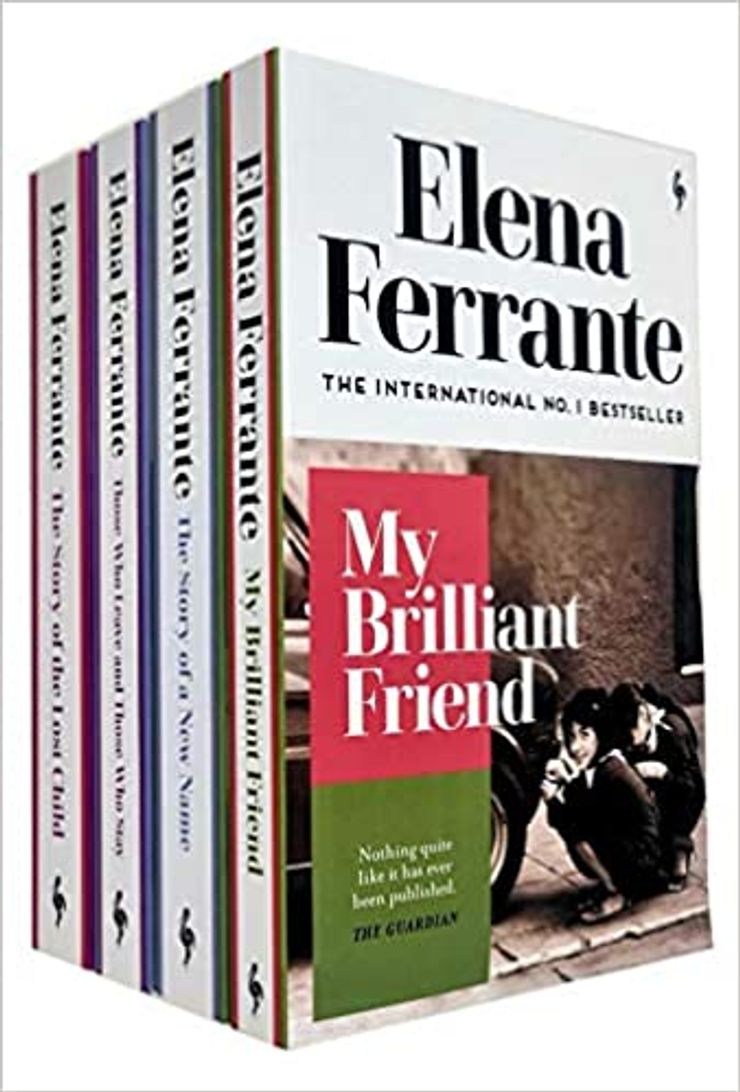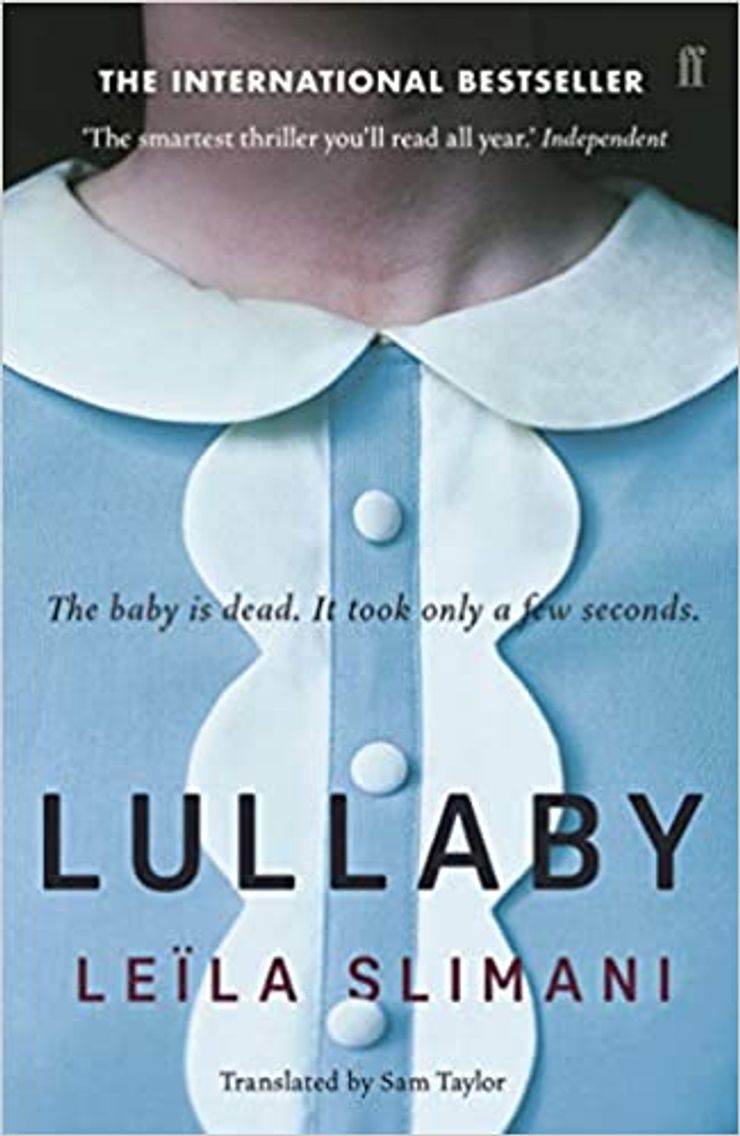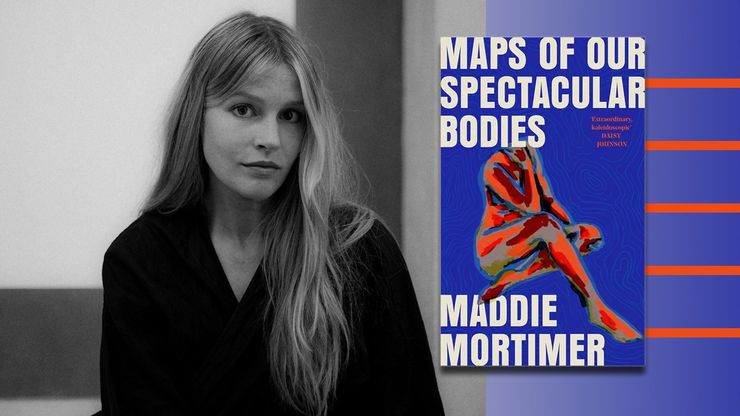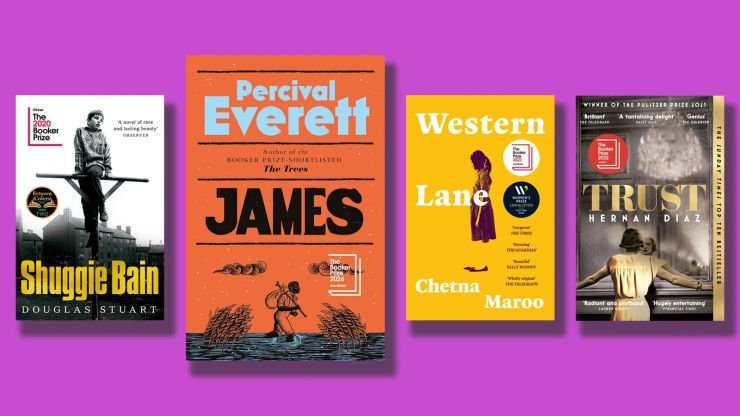Women in translation you should be reading now
Broaden your literary horizons this Women in Translation Month with our recommended reads.

Books give us an opportunity to travel – into other cultures, other times, other minds. And books in translation offer the chance to explore even further, exposing us to voices, stories and ideas from beyond the English-speaking world.
If you haven't read many translated works, now is a great time to start because August is Women in Translation Month: a chance to celebrate and champion writing by women in languages other than English. Here we've put together a stellar reading list to help move books in translation from the exception to part of your reading norm. From titles you may already know to exciting new discoveries, we have plenty to keep you going through August and beyond.
The Book Collectors of Daraya
by Delphine Minoui
Translated by Lara Vergnaud
Deep underground beneath Daraya, a besieged suburb of Damascas left bombed, broken and starving by the Syrian civil war, there is a refuge, a place to learn and hope. A secret library. Delphine Minoui tells its story, based on her interviews with the people who built it. A defiant, inspiring testament to the power of the written word and the extraordinary strength found by those who wish to defend it, and through it, themselves.
Heaven
by Mieko Kawakami
Translated by Sam Bett and David Boyd
Not for the faint of heart, this is an unsettling, visceral, brilliant portrait of the horrors of high school. Two bullied fourteen year olds are brought together by their shared unhappiness, becoming each other’s oases amid the relentless threat of violence and intimidation. But what, ultimately, is the nature of a friendship when your shared bond is terror?
The Art of Losing
by Alice Zeniter
Translated by Frank Wynne
Naïma is second generation French Algerian and knows little about her grandparents’ home country or why they left. Her grandfather doesn’t talk about it. Her father claims not to remember. But now, for the first time since they fled, she is going to Algeria to find the answers for herself. An exploration of identity, immigration and Islamophobia in modern France, spanning three generations, this book is as much about what we inherit as it is about what we leave behind.
The Girl Who Reads on the Métro
by Christine Féret-Fleury
Translated by Ros Schwartz
This lovely, uplifting novel is like a Venn diagram for bibliophiles and Francophiles; you'll love it if you adore books or France, and even more so if you love them both. It follows Juliette, who is sick of her office job and her commute, but likes to let her mind drift off on the train and look at what other people are reading. Soon she realises that her love of books might just be the thing that could rescue her…
The Greatest Invention
by Silvia Ferrara
Translated by Todd Portnowitz
The written word. It’s a way to live forever; the way humans shared knowledge past the limits of their lifetimes. Let Silvia Ferrera take you on an adventure through the history of writing, from its many beginnings around the globe to its possible future in a world of voice messages and emojis.
The Days of Abandonment
by Elena Ferrante
Translated by Ann Goldstein
Elena Ferrante is perhaps best known for her quartet of Neapolitan Novels, beginning with My Brilliant Friend, but this short, sharp shock of a book should not be overlooked. The Days of Abandonment tells the story of a woman trapped within the confines of her small high-rise apartment with her two young children in the wake of her husband’s desertion, which forces her to confront ghosts from her past, question her own identity and realise that life will never be the same again. Full of rage, passion and biting wit, it’s candid, brutal, devastating and impossible to put down.
Concerning My Daughter
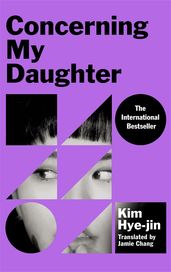
Translated by Jamie Chang
Filled with anger, confusion and disappointment when her thirty-something daughter brings her girlfriend home, a mother finds this new definition of family impossible to accept. The dynamics of mother-daughter relationships are placed under the spotlight in this sharp and moving examination of love in all its forms, translated from the original Korean.
Convenience Store Woman
by Sayaka Murata
Translated by Ginny Tapley Takemo
Submerge yourself in the life of Keiko – a Japanese woman who has never quite fitted in with her peers and has grown up trying to fulfil the ‘normal’ roles expected of her. Since the age of eighteen she’s been working at a convenience store, where she finds solace in monotonous tasks, and feels like she’s finally “pulled off being a ‘person’”. But at thirty-six social pressures have started to shift and the job she’s found such pride in is no longer satisfying others’ expectations. Murata’s writing is hilariously deadpan, zany and moving. The book is beautifully saturated with Japanese culture but with a premise that is entirely cross-cultural, which is what makes this book such a gem.
In Defence of Witches
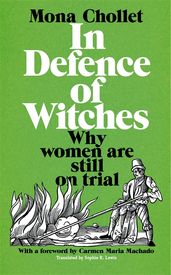
Translated by Sophie R Lewis
Single? Chosen not to have children? Think ageing is fine, actually? In seventeenth-century Europe you may well have been put on trial as a witch. In this slim, feminisit polemic, Mona Chollet examines how these ‘charges’ are still affecting how women are viewed and treated, and uses them as a launchpad to explore all the different things a woman can choose to be.
Adèle
by Leïla Slimani
Translated by Sam Taylor
This is the story of a young Parisian woman who seems to have everything: beauty, a successful career, a loving and successful surgeon husband, a healthy toddler son, and a deep sense of emptiness. She’s also addicted to sex; as long as you’re a man and not her husband, Adèle wants to (and will) have sex with you. Adèle is not a pleasant character but she is a complex and truthful one. She disgusts and intrigues at the same time; she’s an egotistical, self-destructive, sex-obsessed woman for whom you sometimes end up feeling empathy against your will. Only Adèle doesn’t want empathy. It’s the adrenaline, the feeling of danger and even the violence that she seeks.
The Melting
by Lize Spit
Translated by Kristen Gehrman
Revenge thriller meets bildungsroman in this startling debut. Thirteen years ago, the events of one terrible summer forced Eva to leave the village she grew up in. A close friendship with two boys – the only other children her age – was changed horribly by adolescence and their growing sexuality, the children beginning a game that had serious and violent consequences for them all. Now Eva is back, not exactly ready to heal old wounds, more preparing to rip open some new ones.
Drive Your Plow Over the Bones of the Dead
by Olga Tokarczuk
Translated by Antonia Lloyd-Jones
This novel tells the story of Janina, who lives on her own in a remote Polish village and has very strong views on the way her neighbours treat the animals amongst whom they live. When members of a local hunting club are found murdered, the mystery about who – or what – might be committing the crimes grows. Part-murder mystery, part dark-comedy, it could be described as an eco-thriller. The narrator’s voice can be bitingly witty – brilliantly rendered by Antonia Lloyd-Jones’s translation.
We Had To Remove This Post

Translated by Emma Rault
Kayleigh works as a content moderator for a social media platform, reviewing (and removing) the worst of the internet, so we don’t have to. It’s difficult, upsetting work, which she’s really good at – within the digital darkness, her future looks bright. But the job is changing her, and her colleagues: their capacity for cruelty, their ability to be shocked. How long before their own behaviour is affected by what they see? A black comedy for our digital times.
Abandon
by Sangeeta Bandyopadhyay
Translated by Arunava Sinha
From ‘India’s Elena Ferrante’, Abandon is the beguiling story of Ishwari, a writer who has left her former life to live on the margins in a seedy guesthouse in Kolkata. Hobbled by the practical and emotional demands of motherhood, Ishwari is destitute and desperate, increasingly a victim of the cruel circumstances of her fate. In prose that is at once sensuous and jagged in Arunava Sinha’s perfect translation, Bandyopadhyay spins a tense story of desire and abjection, and the monstrous instinct required to be an artist.
All The Lovers In The Night
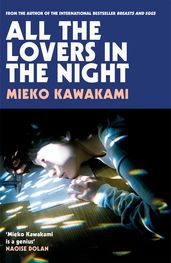
Translated by Sam Bett and David Boyd
Fuyuko Irie has built so many walls around herself she doesn’t allow herself to remember why. Living alone with little human contact, her only real joy is found once a year in Tokyo’s festive illuminations. When, on one Christmas Eve, she meets a man called Mitsutsuka, her life begins to change – or it will, if she can let it.
Catch the Rabbit
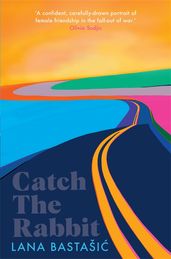
Translated by the author
Sara returns to Bosnia from Dublin at the behest of her childhood best friend, who’s searching for her missing brother. Travelling through post-war Bosnia, Sara’s homecoming becomes a slow revelation, as she is forced to reconsider her memories of the past against the reality of others’ present. A moving examination of the impact of war, female friendship and the lies we tell ourselves.
Acts of Infidelity
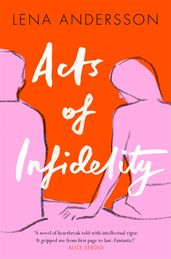
Translated by Saskia Vogel
In this novel we meet Ester Nilsson, a sensible woman who employs logic where most use whim. Except when it comes to love. Ester gives way for love, sets it in motion and then holds onto it for dear life. When she meets actor Olof Sten, she falls hard, and though he makes it clear that he never intends to leave his wife, he certainly doesn’t show any signs of ending the strange courtship he has begun with Ester. Olof is having far too much fun, and soon Ester must admit the truth: she has become a mistress. Andersson’s writing is cutting, full of razor-sharp humour, but most of all it is perfectly, precisely true.
The Neapolitan novels
by Elena Ferrante
Translated by Ann Goldstein
Exactly as good as you’ve been told. Not just brilliant on female friendship, but an amazing demonstration of just how far our class origins shape us. In an interview with Deborah Orr, Ferrante described where we come from as ‘like the colour that inevitably rises to one’s cheeks after a strong emotion . . . I believe there is no story, however small, that can ignore that colouring.’ That she manages to explore this in her Neapolitan novels, while also engrossing us in the story of Lila and Elena, makes them something special indeed.
Lullaby
by Leïla Slimani
Translated by Sam Taylor
Tragic, violent and chilling, this is a powerful story hinging on obsession and power. Myriam and Paul live in Paris with their two children and are in search of a nanny to instil some structure in their busy lives when they meet Louise. She seems like the perfect candidate. Louise’s effect is instant and this Parisian home is hastily transformed, but as the new family unit grows closer, we learn more of Louise’s past and soon the strange toxicity surrounding her begins to seep into the idyllic household. As Louise’s grip on the whole family tightens, the world she has created for them darkens. Lullaby is an exquisite distillation of the quotidian injected with absolute terror.
Header images: Hanna Bervoets (credit: Hendrik Slump), Lize Spit (credit: Roos Pierson) and Mieko Kawakami (credit: Reiko Toyama)
